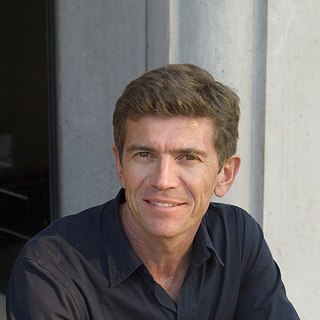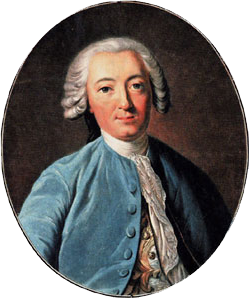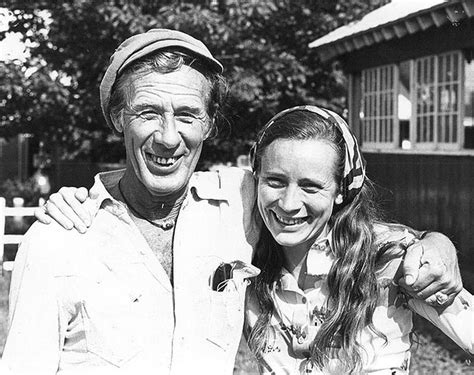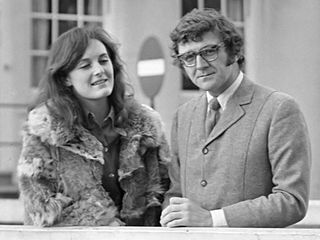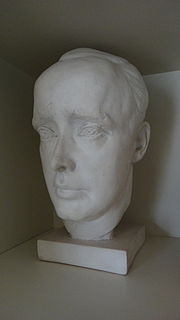A Quote by Arnold Bennett
Nearly all bookish people are snobs, and especially the more enlightened among them. They are apt to assume that if a writer has immense circulation, if he is enjoyed by plain persons, and if he can fill several theatres at once, he cannont possibly be worth reading and merits only indifference and disdain.
Related Quotes
Especially among Christians in positions of wealth and power, the idea of reading the Gospels and keeping Jesus' commandments as stated therein has been replaced by a curious process of logic. According to this process, people first declare themselves to be followers of Christ, and then they assume that whatever they say or do merits the adjective "Christian".
In the final analysis, national struggle is a matter of class struggle. Among the whites in the United States, it is only the reactionary ruling circles that oppress the black people. They can in no way represent the workers, farmers, revolutionary intellectuals and other enlightened persons who comprise the overwhelming majority of the white people.
I believe that half the trouble in the world comes from people asking 'What have I achieved?' rather than 'What have I enjoyed?' I've been writing about a subject I love as long as I can remember--horses and the people associated with them, anyplace, anywhere, anytime. I couldn't be happier knowing that young people are reading my books. But even more important to me is that I've enjoyed so much the writing of them.
Democracy appears to be safer and less liable to revolution than oligarchy. For in oligarchies there is the double danger of the oligarchs falling out among themselves and also with the people; but in democracies there is only the danger of a quarrel with the oligarchs. No dissension worth mentioning arises among the people themselves. And we may further remark that a government which is composed of the middle class more nearly approximates to democracy than to oligarchy, and is the safest of the imperfect forms of government.

